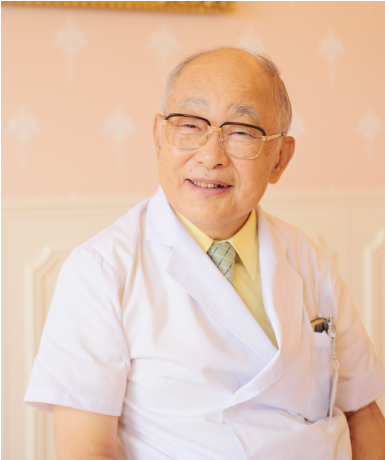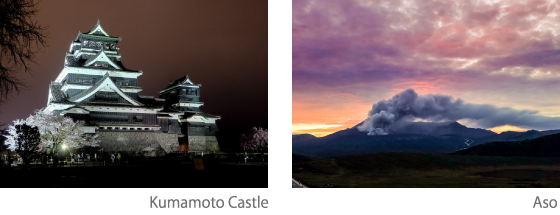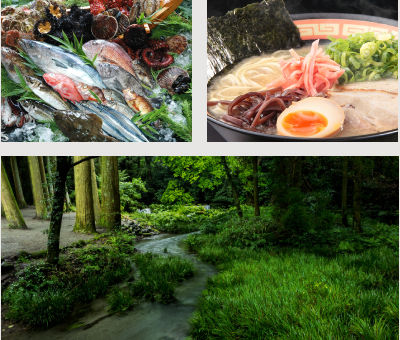The 14th Asian Congress of Health Promotion is to be held on April 14th and 15th, 2018 in Kumamoto City.
We at Jikei Hospital established a Baby Box [kounotorinoyurikago] in May 2007 in response to the abandonment and deaths of babies in Kumamoto Prefecture. We started this initiative because we wanted to protect the lives and health of babies that could potentially be lost due to those causes. There were many opinions both for and against the Baby Box when we started the initiative, and it has been a long and bumpy road ever since. We have taken in more than 100 babies via our Baby Box [kounotorinoyurikago] over the past 8 years. We hope that the children grow up happily, but in reality we are faced with many issues. As there are little to no precedents for an initiative like this in Japan, there are no textbooks or guidelines for us to follow. This means that we must come up with the answers to all issues ourselves. In times like these we wonder, “How is this issue being handled overseas?” When past experiences offer no clues, perhaps taking a look at methods used at Bay Boxes overseas may bring us closer to a solution.
With that in mind, we have always wanted to hold an international symposium on the theme of the Baby Box. However, our hectic schedules meant that we could never find an opportunity to do so. It was against this backdrop that we received a request from Professor Emeritus Atsushi Ueda and Assistant Professor Chang-Nian Wei in October 2015 to hold the Asian Congress of Health Promotion with the Baby Box as its theme. We were overjoyed at the possibility of finally realizing our long-held vision, so we accepted their kind offer. As such, Jikei Hospital will be at the center of preparations for the 2018 Congress
The Baby Box is said to be an initiative that has been tried throughout the world for hundreds of years. However, there has never been any history of discussion about the topic on a global level until now.
We have made these three phrases the sub-theme for the symposium. We hope that this world first symposium proves useful not only to attendees, but to society at large.
In this symposium, we would like to prioritize ‘breaking down the language barrier as much as possible’. This is in itself a long-running policy of the Asian Congress of Health Promotion. Professor Emeritus Atsushi Ueda and Assistant Professor Chang-nian Wei advised us that they want to become able to attend international conferences even though they cannot speak English, so we would like to fulfil their wishes by consecutive simultaneous interpretation and translating essay abstracts into multiple languages. We sincerely hope that these efforts will result in more people attending our symposium and deepening their knowledge of the subject at hand.
We would like for not only everyone at the Asian Congress of Health Promotion to attend, but also for many other people to do so as well. We look forward to welcoming Baby Box administrators, researchers and other people involved in social welfare to the Congress. We also hope that members of the government, administration and the media see this as an opportunity to understand social issues and attend the Congress. There may well be groups and administrations in overseas countries that are considering setting up Baby Boxes; we highly recommend that they attend this symposium. University, high school and other types of student are welcome, too. Indeed, we are making arrangements for a special student attendance fee so that students can attend the symposium without worrying about their budget. If you have any interest in our Baby Box, regardless of where you are from or whether you support it or not, please come to the symposium.
Kumamoto City is the only place in Japan with a Baby Box. There, Kumamoto Castle towers above the city center, which stands on what used to be the castle town. It is a special place where you can experience a slice of Japanese culture, so we believe that you will enjoy your visit here. The Congress venue is adjacent to Kumamoto Castle, so we recommend that you visit it if you can.
Meanwhile if you wish to stretch your legs a little more, Kumamoto Prefecture is home to Mt. Aso, one of the world’s largest calderas. Here you can see the volcano’s majestic form as it continues to spit out volcanic fumes even now.
January 20th, 2016
Chairman of the 14th Asian Congress of Health Promotion
Director of Jikei Hospital
Taiji Hasuda










